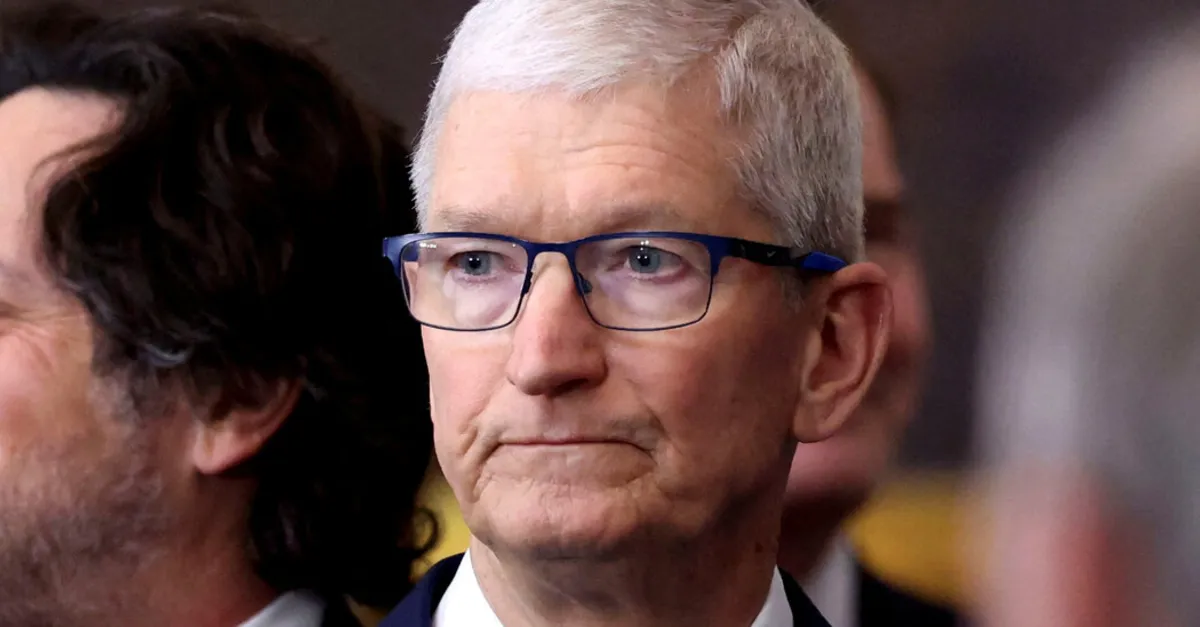
In the lead-up to President Trump’s recent diplomatic trip to the Middle East, the White House extended an invitation to numerous chief executives and representatives from prominent U.S. companies, encouraging them to join the presidential delegation. However, Tim Cook, the chief executive of Apple, made the decision to decline the invitation, a choice that reportedly frustrated President Trump.
During his journey, which included stops in Saudi Arabia and the United Arab Emirates, President Trump publicly addressed Mr. Cook’s absence multiple times. In a notable moment during his speech in Riyadh, Trump took a moment to commend Jensen Huang, the CEO of Nvidia, for his presence at the event alongside other esteemed executives, such as Larry Fink of BlackRock, Sam Altman of OpenAI, Jane Fraser of Citigroup, and Lisa Su of AMD. Trump contrasted Huang’s attendance with Cook’s absence, stating, “I mean, Tim Cook isn’t here but you are.”
As the trip progressed, President Trump made further remarks regarding Cook. While in Qatar, he expressed his discontent, saying he “had a little problem with Tim Cook.” The president acknowledged Apple’s significant investments in the United States, yet he voiced concern about the company’s expansion in India. Trump remarked, “But now I hear you’re building all over India. I don’t want you building in India.”
On Friday morning, President Trump caught many, including members of his administration and Apple’s leadership, off guard with a provocative social media post. In it, he threatened to impose a hefty 25 percent tariff on iPhones manufactured outside of the United States. This announcement brought Apple back into the administration's spotlight, just over a month after Tim Cook successfully lobbied for an exemption from a steep 145 percent tariff on iPhones assembled in China and sold in the U.S.
As the situation continues to unfold, it remains to be seen how these developments will impact Apple’s strategic decisions and its relationship with the current administration. The ongoing tensions between the tech giant and President Trump highlight the complexities of corporate diplomacy in today’s global economy.